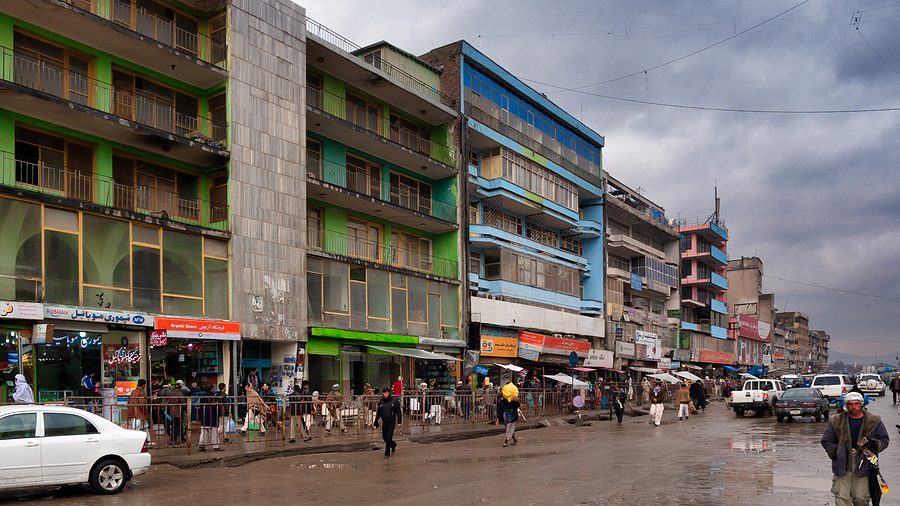Kaylee Greenlee
The Biden administration expanded a program helping Afghan allies leave the country as Taliban violence increases, the State Department said Monday.
The program was expanded to a “Priority 2” designation allowing “many thousands of” Afghan allies and their family members at risk of Taliban retribution a chance to permanently resettle in the U.S., according to the State Department. The program was previously open to allies with Special Immigrant Visas and the designation opens the opportunity to Afghans who aren’t eligible for the visa because of employment or time-in-service requirements.
Afghans who worked for a U.S.-funded program, a U.S.-based media organization or non-governmental organization, or who were local interpreters or translators for U.S. forces are now eligible for the program, according to the State Department.
The first group of 221 Afghan allies removed from the country arrived in Fort Lee, Virginia, on Friday, the AP reported. Most of the group worked as translators for U.S. officials and some 2,500 more allies are expected to arrive in the U.S. soon.
Around 4,000 other allies will be reallocated to other countries pending their security screening as U.S. troops withdraw from Afghanistan, according to the AP. Some 20,000 Afghans reportedly said they were interested in the program.
Content created by The Daily Caller News Foundation is available without charge to any eligible news publisher that can provide a large audience. For licensing opportunities of our original content, please contact licensing@dailycallernewsfoundation.org.

